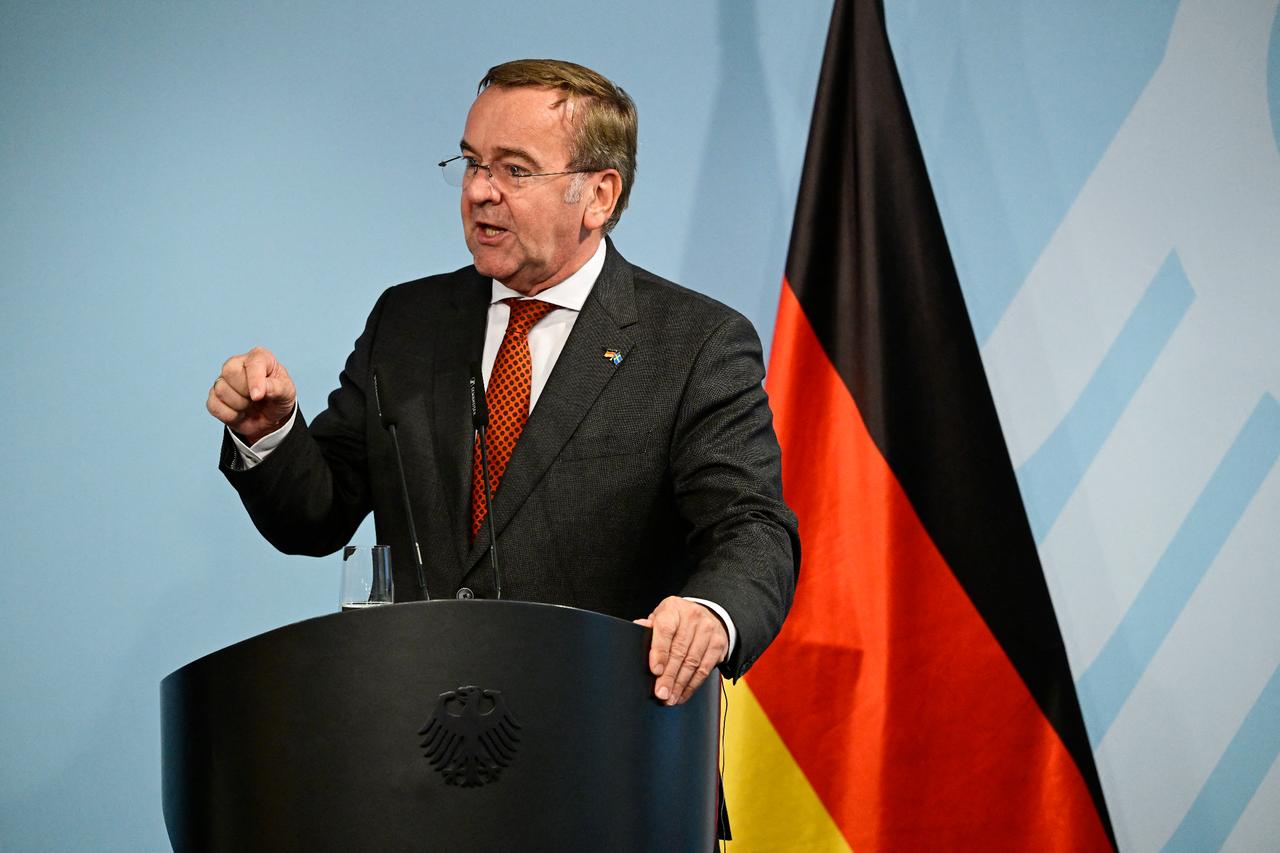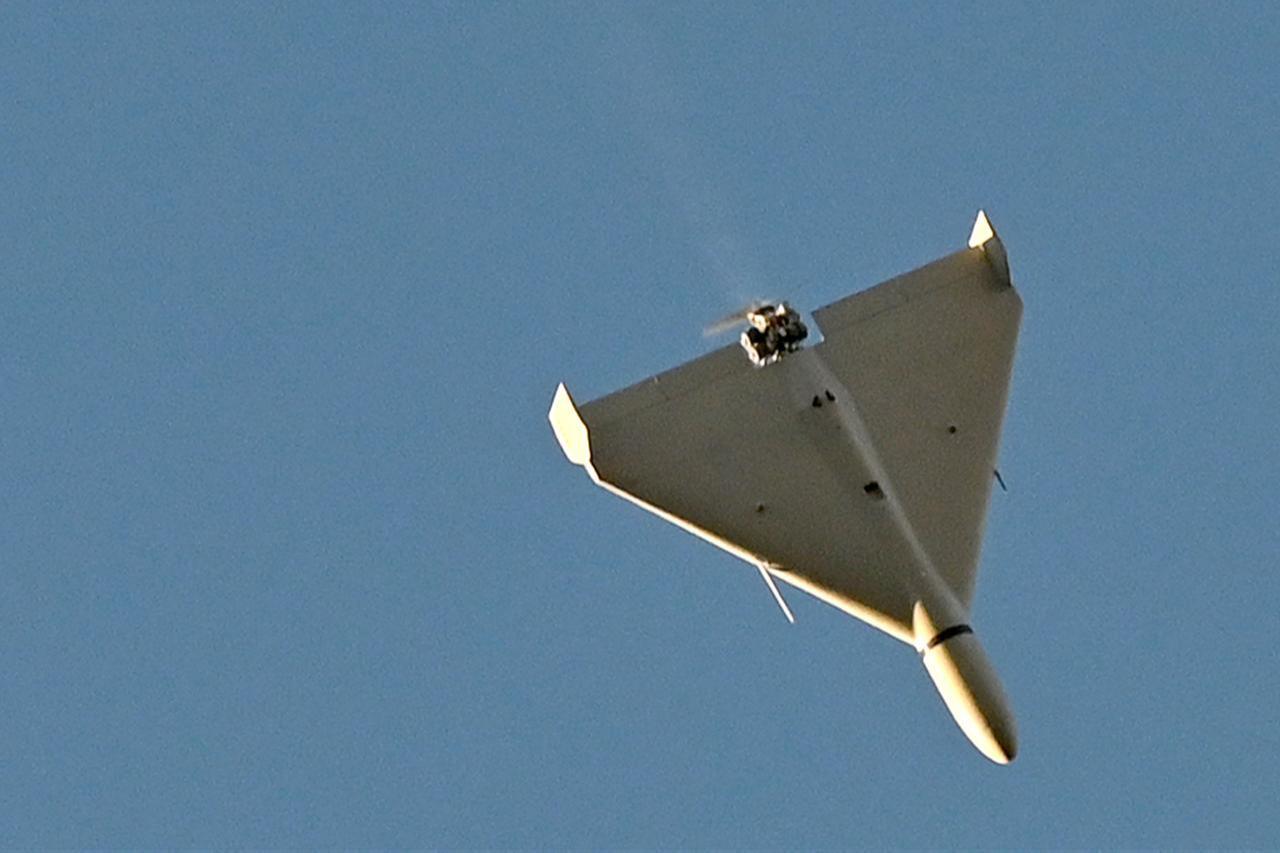
Germany's defense minister cautioned Tuesday against falling into what he described as a Russian "escalation trap," as NATO allies grapple with a surge in suspected airspace violations by Moscow's forces across Eastern Europe.
Defense Minister Boris Pistorius urged a measured response to the mounting incidents, suggesting Russia is deliberately attempting to provoke European nations into overreactions that could serve the Kremlin's broader strategic interests.
"This is an escalation trap we're supposed to fall into. We won't do Russian President Vladimir Putin that favor," Pistorius told reporters at a Berlin press conference. "We won't allow ourselves to be provoked."
The warning comes as NATO members have documented a troubling pattern of suspected Russian incursions over the past fortnight. Poland, Estonia, and Romania have all reported violations involving both unmanned drones and military aircraft penetrating their sovereign airspace.

Russia has responded to the allegations with a mixture of denials and dismissals. Moscow has rejected claims of violating Estonian airspace, characterized the Polish incident as unintentional, and blamed Ukraine for the Romanian accusations.
Pistorius, a member of Chancellor Olaf Scholz's Social Democratic Party, emphasized that Germany would maintain its commitments to collective defense while avoiding the kind of precipitous action that might escalate tensions further.
"Our Eurofighters can do whatever is necessary at any time to defend their own airspace. That must be clear to everyone. And that applies to Russia too, of course," the minister said, referencing Germany's advanced fighter jets.
The defense chief framed Germany's restrained approach as a deliberate strategic choice rather than weakness, distinguishing between prudent statecraft and capitulation to Russian pressure.
"Prudence isn't cowardice, nor is it fear, but rather a sense of responsibility toward one's own country and peace in Europe. And we feel committed to that, as well as to the security of our airspace," Pistorius said.
German forces will continue their role in protecting NATO airspace while seeking what Pistorius called the "right balance" in responding to provocations. The country's approach appears designed to maintain deterrence without providing Russia with pretexts for further escalation.
"We will closely monitor what happens and will accompany them out. Tolerant and patient, but make it clear that we are here and we can do more at any time," the minister said.
The incidents reflect broader tensions as the war in Ukraine continues into its third year, with Russia increasingly testing NATO's resolve along the alliance's eastern flank.